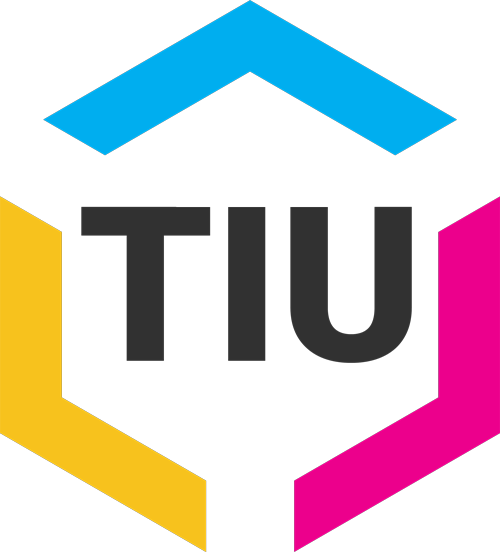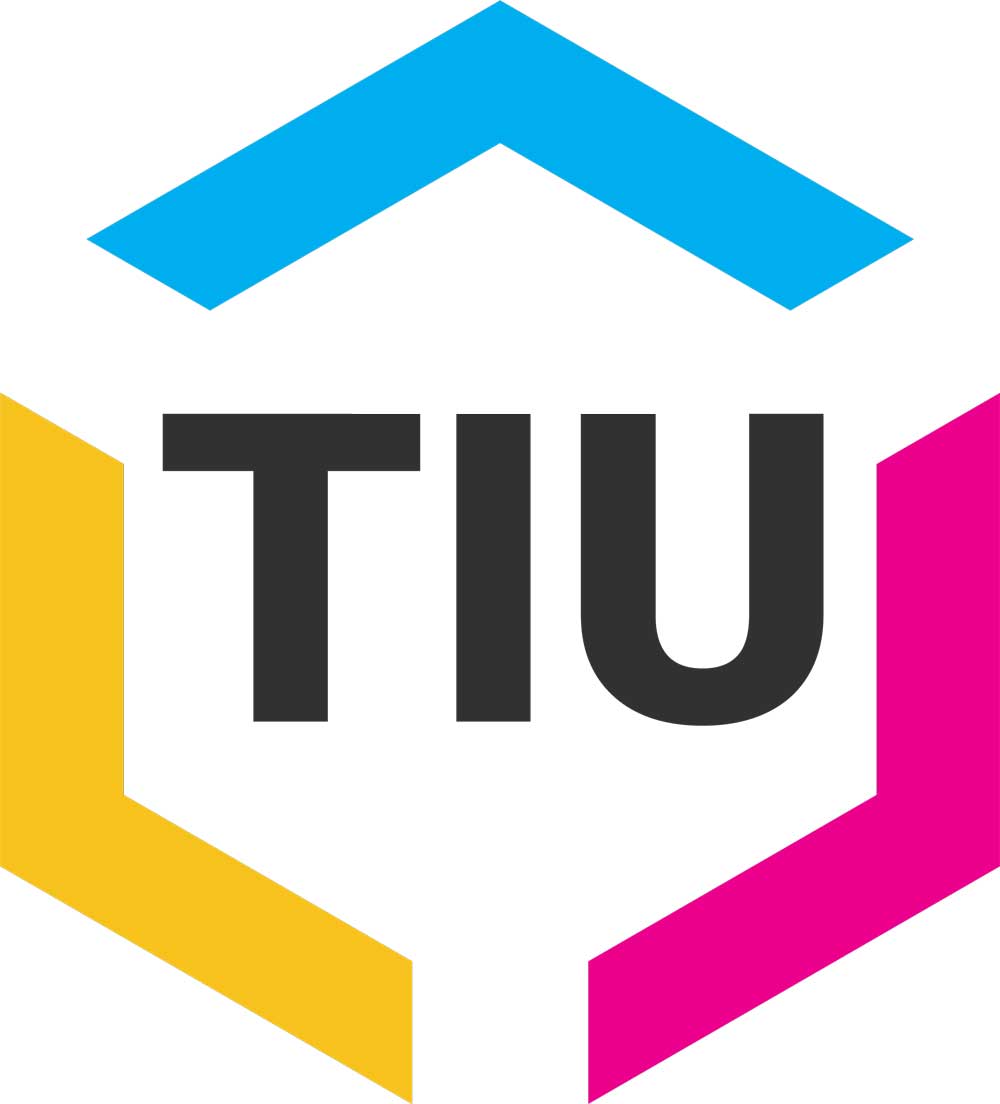By numerous reports, the economic technology, or FinTech, sector seemed to allow us a cutting-edge answer to help low-income employees with earnings shortfalls between standard paydays by displacing fringe financial companies, particularly payday lenders. Early wage access programs facilitate very very early transfers of earned but unpaid wages to low-income employees through mobile platforms, algorithmic technology, and GPS-tracking. To a lot of, very very early wage access programs represent a win-win for employees and their companies. These programs are thought to be cheaper and safer options to payday advances. Additionally, research shows these programs improve work retention rates for companies and help reduce economic stress for low-income workers. Consequently, a number that is growing of, including Walmart Inc., have actually partnered with very very early wage access providers to supply these programs as a worker advantage. Workers might also utilize third-party providers that bypass employers and supply programs straight through mobile application shops. This nascent market has impressively achieved national scale, millions of users, and hundreds of thousands of employer partnerships in less than a decade.
Yet, notwithstanding these very early successes and possibly as a result of these very very very early successes, these programs also provide drawbacks, that have been significantly less emphasized. In specific, although the gatekeeping part that employers perform when you look at the fringe market can facilitate significant improvements, moreover it masks borrowing that is significant to workers, that aren’t completely disclosed to workers. Furthermore, the wage that is early market creates harmful regulatory blind spots and allows regulatory arbitrage by blurring the lines between once-distinct economic services—i.e., cash transmission and loan solutions. Early wage programs have mostly operated with just minimal appropriate constraints since they have actually generally speaking been characterized as money transfer services as opposed to loan solutions like contending pay day loans. Building from the FinTech literary works, by analogy, this short article contends that this blanket characterization is an error. Many early wage access programs pose customer dangers similar to pay day loan dangers, but which can be presently unmitigated, thereby needing intervention that is regulatory. This informative article proposes a federal-level regulatory framework according to financing rules that addresses the several of those unmitigated dangers with consumer protection needs, including uniform cost disclosure, ability-to-repay analysis, optional amortization mechanics, mandatory credit scoring as well as the right-to-rescind project. In doing this, it is designed to facilitate development of the market’s functional innovations and steer clear of a shift that is mere fringe FinTech, or “FringeTech”, services.
Keyword phrases: fintech, monetary technology, very very early wage access, attained wage access, pay day loans, fringe financial services, alternate credit solutions, customer legislation, credit rating, customer monetary security, pay day loan
The Increase associated with the Prepaid Debit Card
If there’s one individual we regularly turn to for the money advice, it is Justin Bieber.
The Biebs joins a long list of celebrities endorsing prepaid debit cards with his squeal-inducing face on the cover of the new SpendSmart card. These cards permit you to upload and spend cash just like a normal debit card, minus the nuisance of managing money or opening a banking account. Better yet? You can’t save money than you upload, meaning overdraft charges are really a thing of history.
It nearly seems like the relevant skills of cost management and smart cash management aren’t necessary in the event that you’ve got the proper form of synthetic. Perhaps Justin Bieber, Kim Kardashian and Suze Orman actually can say for certain just exactly what they’re speaing frankly about.
That are we kidding, appropriate?
Fee Frenzy
Yes, it is true. You can easily dodge a potential $35 overdraft charge through getting a debit card that is prepaid. All you’ve got to complete in exchange is spend the ongoing solution charges. The kinds of fees and amounts charged for each card differ, but you can expect many charges become under online installment IN $3, with some within the $6 to ten dollars range.
Doesn’t noise too bad? Well, there’s a catch.
Dependent on your card of preference, you could be charged for just about any of this after: purchasing the card, monthly upkeep, uploading cash, inactivity, ATM withdrawal, card decrease, building a purchase in-store or online, talking to a client solution agent, as well as utilising the customer service system that is automated. Many cards acknowledge at the least seven, or over to 15, regular costs. At almost $3 a pop music, these fees mount up fast.
Sweet young Justin’s card, on top of other things, costs users 50 cents in order to always check their balance. Now why would he consent to engage in something such as that?
Money, Money, Cash, Cash. Cash!
The prepaid debit card industry is big company. This alone, users are expected to load $201.9 billion onto these cards year.
Prepaid debit cards initially targeted individuals without bank reports, whom saw the cards as being a convenient and dependable method to handle their cash without stepping into difficulty. Regrettably, most cards make use of the bad and economically struggling similar to their destructive relative, the loan that is payday.
In modern times, however, these cards have now been gathering popularity with typical Us citizens. From June 2011 to June 2012, 47% of U.S. families purchased a debit card that is prepaid. With charges charged at virtually every action and transaction, a-listers and banking institutions are lining our poor decisions to their pockets.
Keep Your Money
In 2010, you may possibly see all sorts of brand brand new prepaid cards: someone to hold your income tax reimbursement, another to get IRA distributions, as well as cards for your kids’ allowance. Figure out how to recognize this due to the fact advertising ploy it really is. You don’t desire a unique card for special income—and you certainly don’t need a hip young face to instruct your teenagers the way to handle money.
Rather, work with a regular bank account. You can find plenty of free or inexpensive options if you shop around at local banks and credit unions. As well as for goodness’ sake, adhere to the spending plan. an account that is well-managed the best—and only—way to prevent crazy charges.
As Dave shows, acknowledging cash fables and changing all of them with the fact is a robust solution to simply simply simply take your hands on your greatest wealth-building device: your earnings. Exactly exactly What you think about prepaid debit cards?

